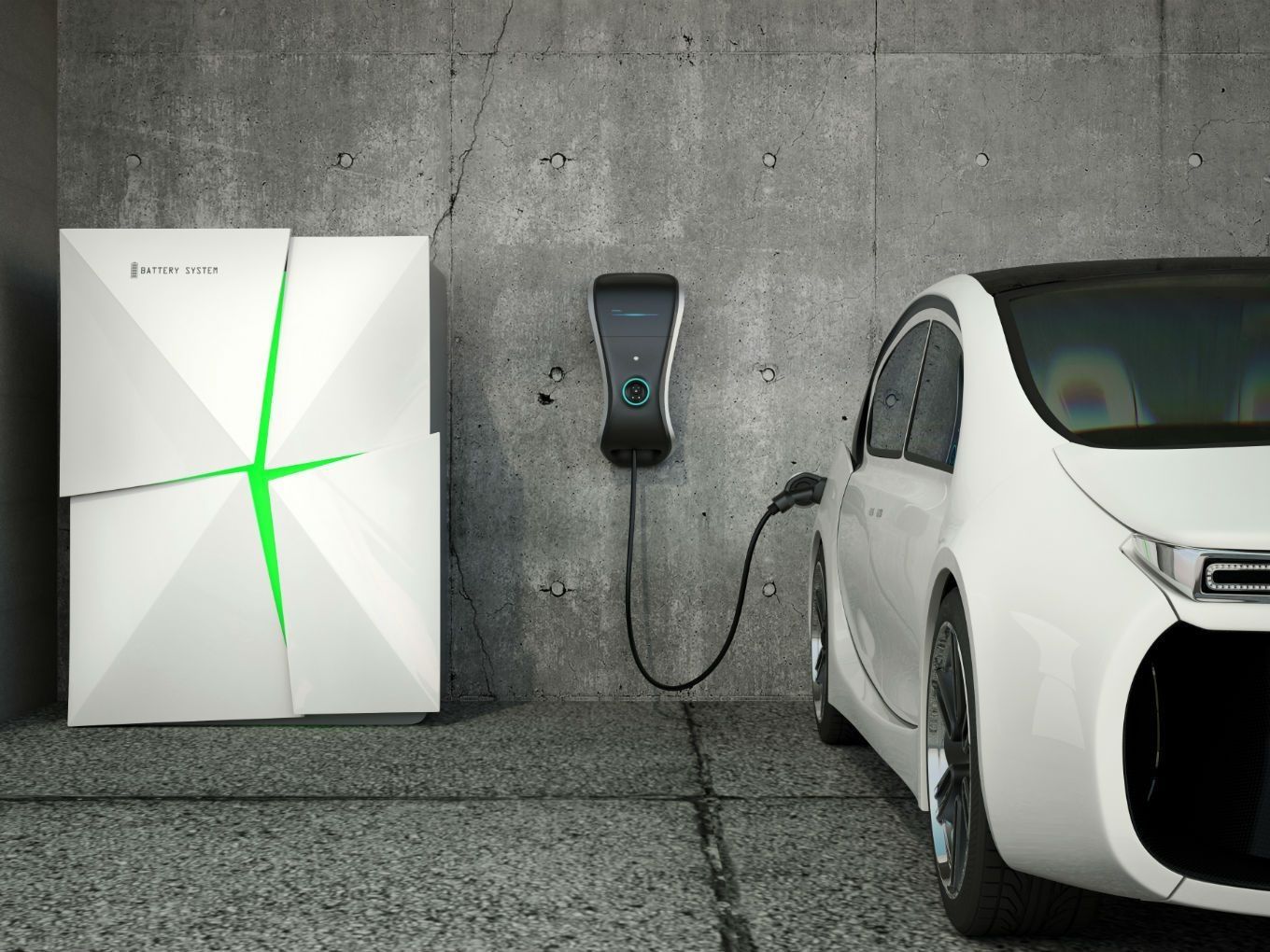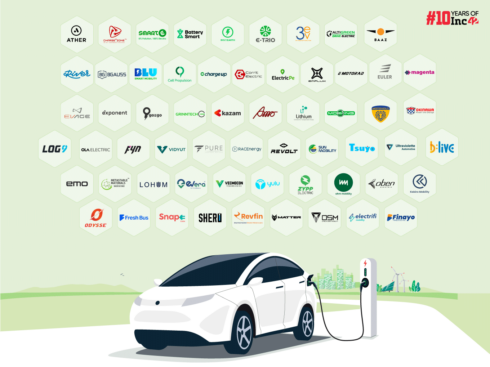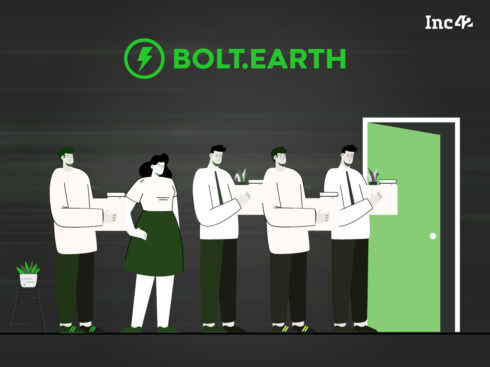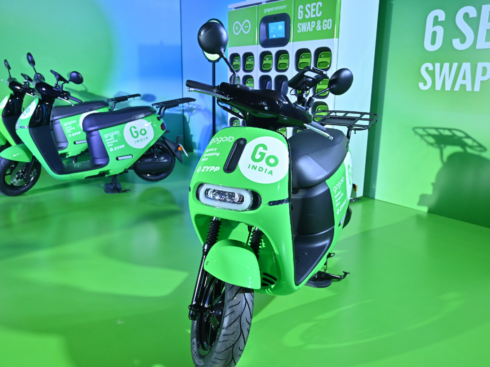
SUMMARY
2019 witnessed the rise of the alternate energy sector
The govt is pushing electric vehicles by 2030
2020 looks bright as the EV sales are expected to increase at an exponential rate
The year 2019 proved to be exciting and electrifying for the EV sector as the investment flow by corporate and private equity (PE) investors into the startups working in the EV space rose by a phenomenal 170% margin valued at $397 Mn. The year also proved instrumental in raising public awareness and government patronage regarding the urgent need to lay the blueprint for an effective and efficient EV model. With the planet’s natural resources (oil and gas) recording an alarming decline and the climate in jeopardy, it was only imperative for the globalized world to accelerate the all-electric transition.
The Achievement Highlights Of 2019
The year 2019 witnessed an array of landmark events that were realized in a bid to boost and promote the rise of the alternate energy sector. Here we look upon the central highlight reel of 2019 and the major achievements therein:
- The government approved an INR 10,000-crore program under the FAME-II scheme for the promotion of electric and hybrid vehicles in February. The scheme, which materialized on 1st April 2019, was aimed to encourage faster adoption of electric and hybrid vehicles through incentivizing the purchase of electric vehicles and also by way of establishing the necessary charging infrastructure for EV.
- According to a report released by the Ministry of Heavy Industries and Public Enterprises (MHIPE), the subsidies allotted by the government under the FAME-India program have benefitted about 285,000 buyers of electric and hybrid vehicles to the tune of INR 3.6 Bn.
- The GST reduction on EVs from 12% to 5% in July and the additional income tax deduction of INR 1.5 lakhs on interest paid on loans taken to buy electric vehicles by the finance ministry of India has helped monumentally in improving the sentiments. In her maiden budget speech, the Finance Minister also underlined her plan of action to make India a global manufacturing hub for EVs.
- Additionally, the union cabinet also propounded exemption from paying the customs duty on importing certain key EV parts including the e-drive assembly, on-board charger, e-compressor, and a charging gun. The underlying aim was to cut down the cost of EVs to advance their sales in the country.
- Apart from the rise in consumer adoption, the domestic EV industry also witnessed significant development on the manufacturing front as well. The Niti Aayog report outlined the nation’s need of a minimum of 10 GWh of cells by 2022 and to about 50 GWh by 2025. Therefore to localize the value chain, the union cabinet proposed a five-year phased manufacturing program (PMP) till 2024 for a few large-scale, export-worthy competitive integrated batteries and cell-manufacturing Giga plants in India. Through such a move the government sought “to bring technology-driven sustainable and holistic mobility solutions within the reach of the common man by scaling up the manufacture of these vehicles.”
- Owing to the industry’s dedication towards developing green and sustainable mobility, Indian states are leading with their policies to achieve their EV targets. While Maharashtra, Karnataka, Andhra Pradesh, Uttar Pradesh, Tamil Nadu, and Kerala have their final policies ready, states like Uttarakhand, Telangana, New Delhi, and Bihar have their policies in the draft stage.
Overcoming The Major Hurdles In 2019
The National Institute of Transforming India (NITI) Aayog, the government’s think tank’s, ambitious move to mandate electric vehicles by 2030, was vehemently opposed by automobile manufacturers. They argued that such a move would spell doom for the domestic industry and jobs as a significant chunk of products in the value chain in the existing automobile manufacturing was outsourced to smaller companies who specialized in manufacturing only select components.
- The government duly acknowledged that its vision of achieving 100% e-mobility by 2030 cannot be realized without a robust e-mobility ecosystem, which includes the domestic vehicle manufacturers, charging infrastructure companies, fleet operators, and service providers.
- Owing to the threat of the looming technology disruption and the shift in employment that will arise from switching to electric vehicle manufacturing urged transport minister Nitin Gadkari to acknowledge these concerns in a new roadmap.
- The union cabinet has also approved the creation of the much-awaited Phased Manufacturing Program (PMP) to support the development of large-scale, export-competitive integrated batteries and cell-manufacturing giga-scale projects in India. The program will help in localizing the production across the entire electric vehicle value chain. Further, to boost domestic manufacturing, the PMP has also proposed a 15% customs duty on EV parts, the doubling of customs duties on completely built-up (CBU) buses and trucks to 50% and hiking rates for semi-knocked down two-wheelers, buses and trucks to 25% from 15%.
- The ministry of road transport and highways (MORTH) put forward a proposal to relieve electric and battery-operated vehicles from registration charges. It said it had planned to introduce differential registration fees as per the Central Motor Vehicles Rules (CMVR), 1989.
- The government is concentrating all its efforts in developing a robust infrastructure for the charging of electric vehicles as without an adequate charging network, the widespread adoption of EVs will remain unviable and out-of-bounds.
- In line with this, the Union Power Minister R.K. Singh endorsed modifications in the electric vehicle charging guidelines and specifications. He also stated that to address issues regarding inter-city travel and long-range or heavy-duty electric vehicles like buses and trucks, the central government planned to install fast-charging stations at every 100 km.
Key Trends To Watch Out For In 2020
- The coming year looks bright and promising for the domestic EV sector as the EV sales are expected to increase at an exponential rate. With the BS6 norms becoming valid from April 2020, electric vehicles will become more price-competitive with the traditionally fueled vehicles, thus stepping up the sale of electric vehicles in the country.
- Many new startups backed by giant investors shall pave the way forward to launch their electric vehicles in the Indian market. India has the potential to become the largest electric vehicle (EV) market in the world as a plethora of startups is spearheading the EV revolution through technological innovation.
- The country presently hails as the third largest startup ecosystem in the world with 21 unicorns determined to mobilize the power of technology to solve pressing problems in the various domains of education, healthcare, infrastructure, etc. Even in the country’s electric vehicle sector, there is an ever-growing host of inventive and audacious startups that are working to combat pollution from traditional vehicles by introducing ultramodern, zero-emission mobility solutions.
- To cut the long story short, EVs are the future. But the future will materialize only when an inexpensive next-gen battery manifests itself in the market. The current ecosystem comprises namely of startups that manufacture two-wheelers, and startups working in battery tech, vehicle diagnostics, and analytics, charging and other such aspects of electric vehicles.
With all the vital cogs and pieces falling into place, that day is not far when India manages to ascertain its position as a global EV leader, to ensure an all-electric transition to meet the burgeoning energy needs of this planet.


























